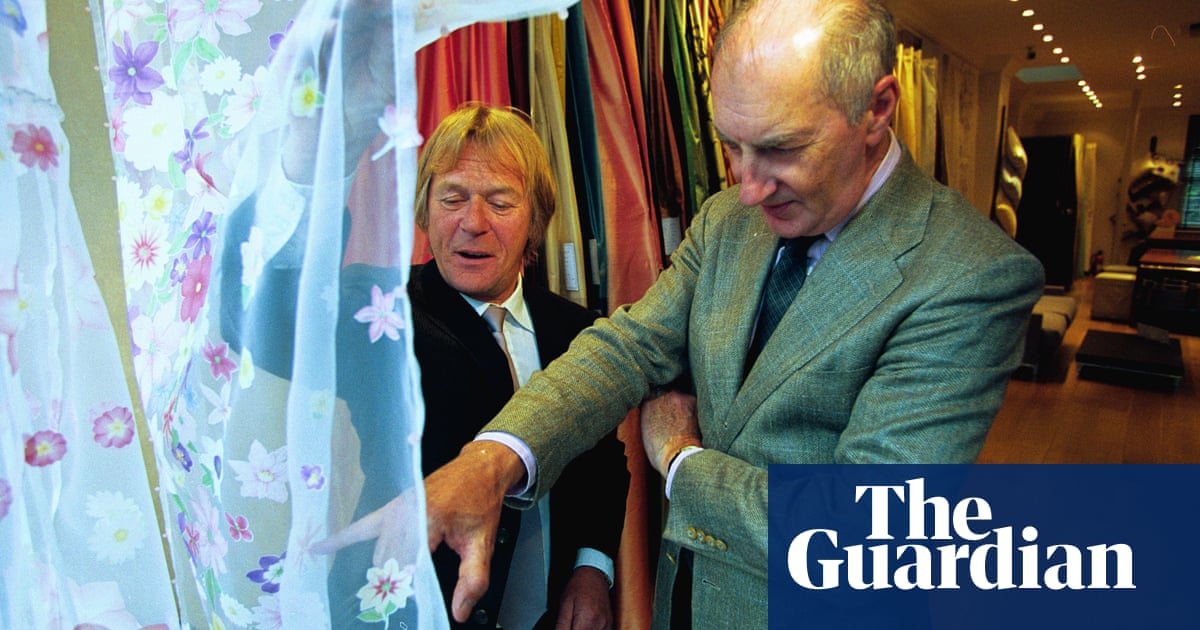
George Osborne’s family business upped pay for directors, who include the former chancellor, by 30% last year as profits were boosted by £700,000 in British and US government grants.
Wallpaper maker Osborne & Little almost tripled profits to £1.5m as sales rose almost 20% to £29m in the year to the end of March 2022, according to accounts filed this week at Companies House.
The increase in profits came despite the company complaining of a reduction in profit margins as a result of the additional costs of selling to the EU post-Brexit.
Osborne & Little set up a new distributor in Germany in March last year to help improve the flow of goods to the EU and reduce costs.
Profits were helped by £22,000 in UK coronavirus job retention scheme payments and a £29,000 grant to cover interest on its government-backed coronavirus business interruption loan (CBIL), as well as a £618,000 “paycheck loan” from the the US government under its CARES Act scheme, which the company does not have to pay back under a deal announced in May.
Those payments came on top of £510,000 in UK furlough support a year before and £128,000 to help cover interest on the CBIL.
Osborne & Little took out a £3.6m government-backed CBIL with its lending bank HSBC during the pandemic, paying back £1.85m last year and £83,000 in June this year. However, the company breached its deal with HSBC in June this year, in relation to the amount of cash in the business, and was forced to renegotiate under terms that require monthly liquidity tests.
Meanwhile, the company’s highest paid director, thought to be Osborne’s father, Sir Peter Osborne, who controls the company, increased their pay by just over a quarter to £521,000 from £411,000. That was the major part of a rise in total directors’ pay for the group to £816,000 from £623,000 a year before.
Sales to the EU rose just 0.4% in the year compared with 26% growth in the US, 22.5% in the UK and 18% elsewhere, although the company noted that since setting up its new arrangement in Germany “goods are flowing more easily into Europe than in the first six months following Brexit.”.
The company has flagged issues caused by higher costs linked to Brexit on several occasions despite calculating in 2016, at the time of the UK’s vote on Brexit, that there would be “limited impact” in the short-term from leaving the EU, and if sterling remained weak, it would bring a “material benefit” to the business.
Osborne & Little declined to comment.












